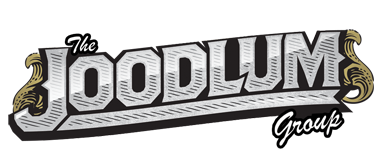(Reuters) - A Kremlin-backed journalist issued a stark warning to the United States about Moscow's nuclear capabilities on Sunday as the White House threatened sanctions over Crimea's referendum on union with Russia.
"Russia is the only country in the world that is realistically capable of turning the United States into radioactive ash," television presenter Dmitry Kiselyov said on his weekly current affairs show.
Behind him was a backdrop of a mushroom cloud following a nuclear blast.
Kiselyov was named by President Vladimir Putin in December as the head of a new state news agency whose task will be to portray Russia in the best possible light.
His remarks took a propaganda war over events in Ukraine to a new level as tensions rise in the East-West standoff over Crimea, a southern Ukrainian region which is now in Russian forces' hands and voted on Sunday on union with Russia.
Russian television showed images of ethnic Russians in Crimea dancing, singing and celebrating the referendum but followed them with accusations that Kiev's new authorities and the West have allowed ultra-nationalists to attack Russian-speakers in eastern Ukraine.
Kiev and the West blame the violence in eastern Ukraine on pro-Russian groups and say the Crimea referendum is illegitimate. The United States has warned of imminent sanctions against Moscow.
OUTSPOKEN COMMENTS
Kiselyov is an outspoken defender of Putin and once caused outrage by saying the organs of homosexuals should not be used in transplants.
His show portrayed the Ukrainian authorities as unable to maintain law and order. Putin made a similar charge in a telephone conversation with U.S. President Barack Obama on Sunday.
Such remarks have caused concern in Kiev that Moscow might send troops to eastern Ukraine, acting on a vote in Russian parliament allowing him to use the armed forces if compatriots are deemed in need of protection in Ukraine.
As the crisis escalated, the news in Russia has taken on shades of Soviet-era propaganda, with reporters peppering reports with references to what they say was the cooperation of some Ukrainians with the Nazis in World War Two.
There is also now growing menace in some of the reports, as well as echoes of the Cold War.
Soviet leader Nikita Khrushchev gifted Crimea to Ukraine in 1954, when Ukraine and Russia were both parts of the Soviet Union.
Many people in Crimea hope union with Russia will bring better living conditions and make them citizens of a country capable of asserting itself on the world stage.
Others see the referendum as a land grab by the Kremlin as Ukraine's new rulers try to move the country towards the European Union and away from Russia's sway.

